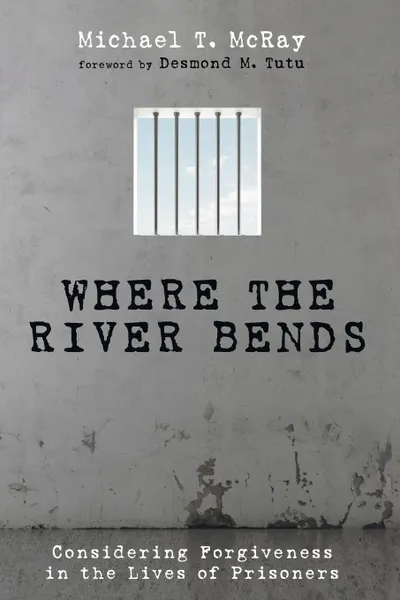Where the River Bends 12+
Автор: Michael T. McRay
2015
218 страниц
Категория: Научная литература
ISBN: 9781498201919
Язык: Английский
Где найти книгу?
🔖 Myriad works discuss forgiveness, but few address it in the prison context. For most people, prisoners exist ""out of sight and out of mind."" Their stories are often reduced to a few short lines in news articles at the time of arrest or conviction. But what happened before in the lives of the convicted? What has happened after? How have people in prison dealt with the harm they have caused and the harm they have suffered? What does forgiveness mean to them? What can we outsiders learn about the nature of forgiveness and prison from individuals who have both dealt and endured some of life's most painful experiences? Expanding on his MPhil dissertation Echoes from Exile (with Distinction) from Trinity College Dublin, Michael McRay's important new book brings the perspectives and stories of fourteen Tennessee prisoners into public awareness. Weaving these narratives into a survey of forgiveness literature, McRay offers a map of the forgiveness topography. At once storytelling, academic, activism, and cartography, McRay's book is as necessary as it is accessible. There is a whole demographic we have essentially ignored when it comes to conversations on forgiveness. What would we learn if we listened? ""[T]his book is important. . . . We cannot encounter these pages and remain unaffected. But what will happen to us if we listen to those we tend to ignore? This book is one way to find out. I encourage us all to listen.""--Archbishop Emer...
Мнения
